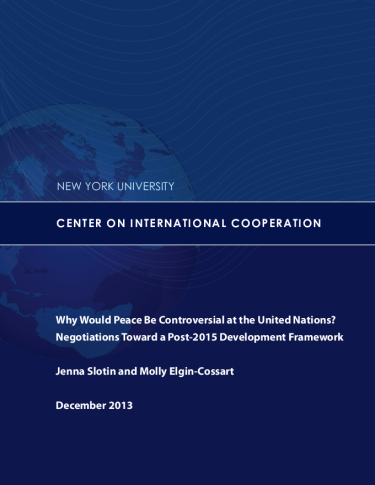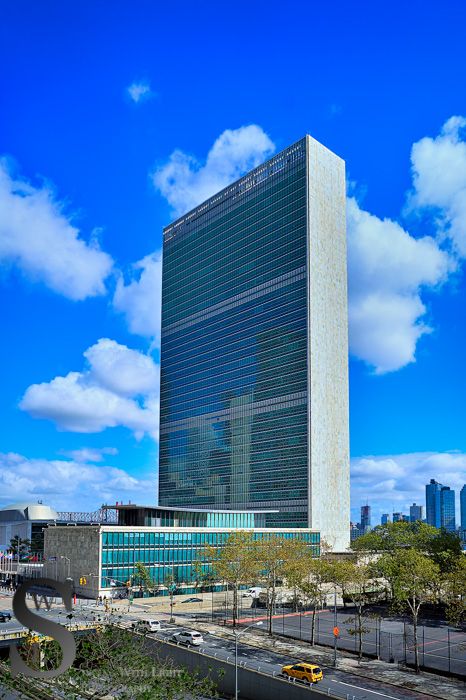Despite a strong evidence base and widespread affirmations of the connections between peace, good governance, and development, these issues remain among the most controversial in the post-2015 development agenda and are at risk of being left off the agenda in the intergovernmental process to forge a final agreement.
How can we understand this seeming contradiction? Simply put: the objections are political, not substantive. This paper outlines the evidence, analyzes the political constraints, and puts forward recommendations on how to navigate reasonable political concerns without ignoring some of the most compelling lessons of the Millennium Development Goals.



